
History is a timeline of turning points that changed how we live and connect. Some dates mark inventions that redefined daily life, while others represent discoveries or collapses that reshaped entire civilizations. So, let’s take a look at key moments that are essential reference points in the human journey.
3150 BCE: Formation Of The First Egyptian Dynasty
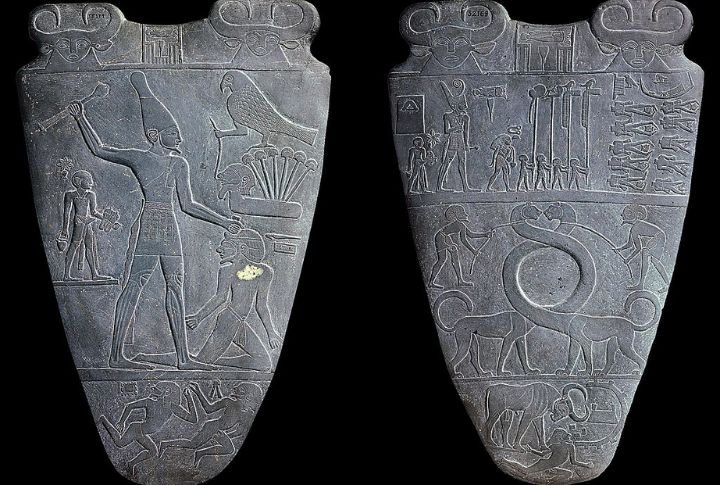
King Narmer unified Upper and Lower Egypt in 3100 BCE, launching the first dynasty and one of the world’s longest-lasting civilizations. This centralized rule led to architectural, writing, and religious innovations, and hieroglyphics began to flourish soon after. The Narmer Palette, a ceremonial artifact, visually records this historic consolidation of power
776 BCE: First Recorded Olympic Games In Greece
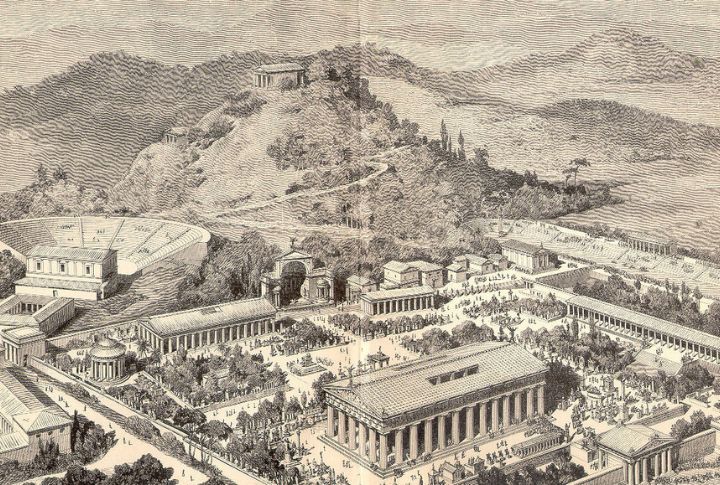
The first recorded Olympic Games occurred between August 6 and September 19, though the precise day is unknown. Held to honor Zeus, the inaugural Olympic Games featured a single event: a 192-meter footrace. Only free Greek men could participate, and wars paused in respect for the event; the victor’s names were etched into history.
March 15, 44 BCE: The Murder Of Julius Caesar
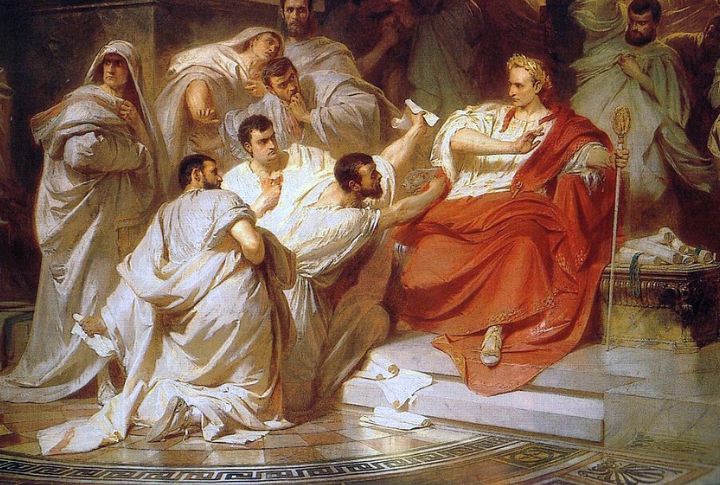
On this date, Julius Caesar was murdered by Roman senators who feared his growing power. His demise plunged Rome into civil war and eventually ended the Roman Republic. The phrase “Et tu, Brute?” became a symbol of betrayal. Caesar’s adopted heir, Octavian, emerged victorious and became Rome’s first emperor, Augustus.
September 4, 476 CE: Fall Of The Western Roman Empire
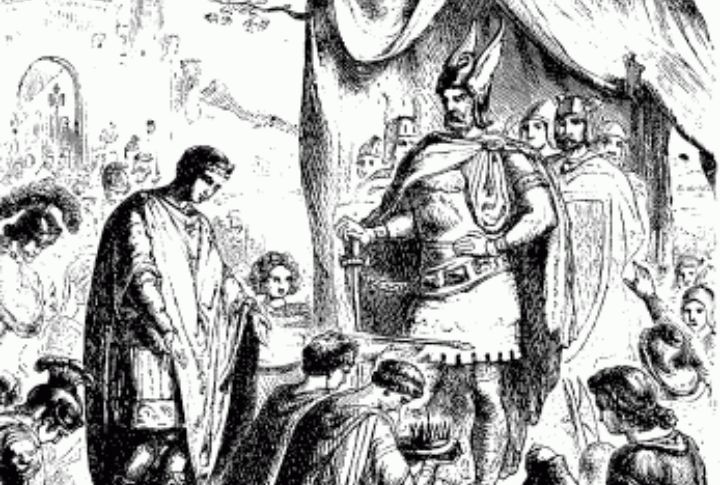
Germanic leader Odoacer deposed Emperor Romulus Augustulus in 476 CE, marking the symbolic end of Western Rome. This collapse signaled the shift into the fragmented and unstable era now known as the Middle Ages. Roman institutions dissolved in the West, while the Eastern Roman Empire, or Byzantium, endured in Constantinople.
October 14, 1066: Norman Conquest Of England
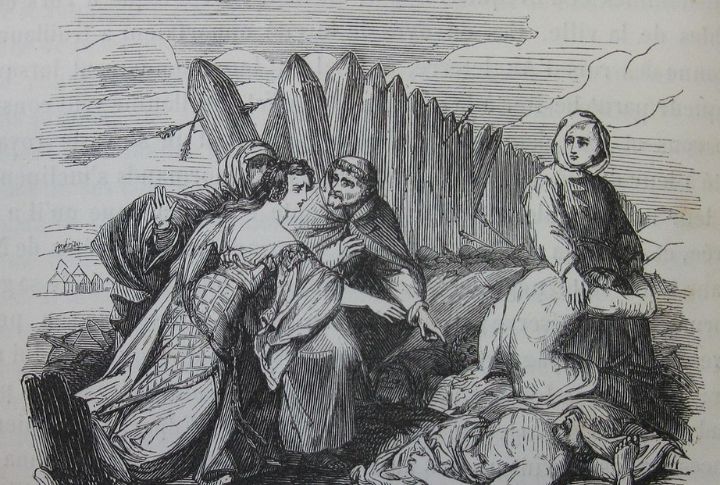
William, Duke of Normandy, conquered King Harold II at the Battle of Hastings on October 14. His conquest brought French linguistic and legal influences that permanently altered English society. It also established the Norman dynasty and reshaped the English language and aristocracy. The Domesday Book, completed in 1086, meticulously recorded landholdings.
June 15, 1215: Establishing The Magna Carta
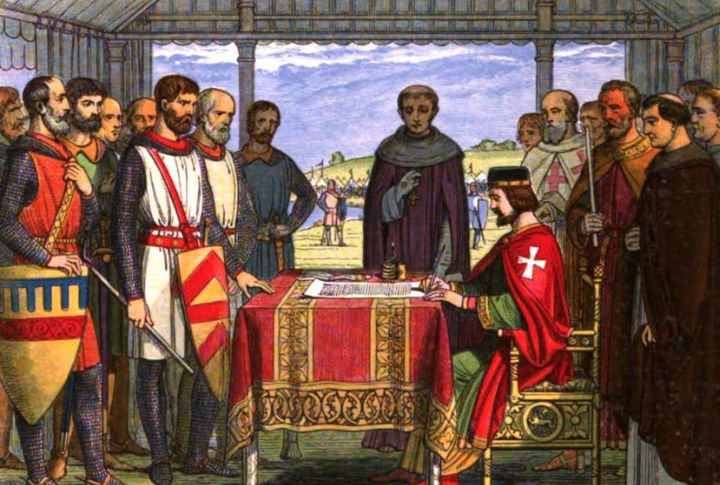
On this day, King John of England affixed his seal to the Magna Carta at Runnymede after pressure from rebellious barons. It limited royal authority and laid the groundwork for constitutional government. While most clauses were later repealed, the idea that no one is above the law endured, guaranteeing due process.
October 12, 1492: Columbus Reaches The Americas
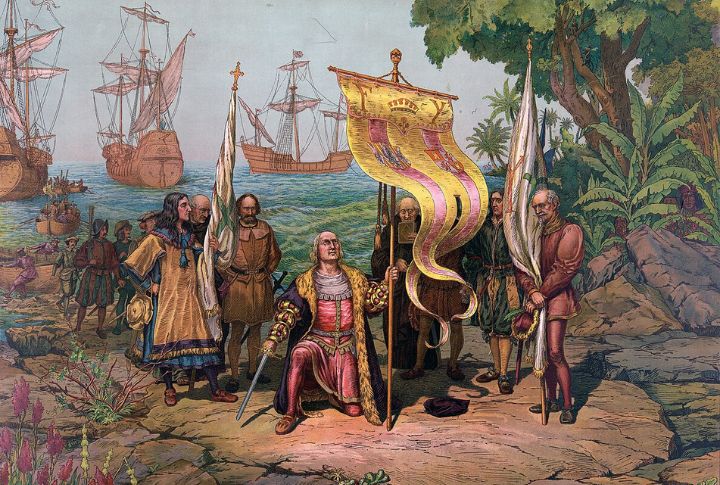
Christopher Columbus landed in the Bahamas while seeking a westward route to Asia. His voyage opened the floodgates for European colonization of the Americas. Though not the first to reach the New World, his arrival initiated centuries of conquest, and the Taino people were among the first to suffer displacement.
October 31, 1517: Martin Luther Sparks The Reformation
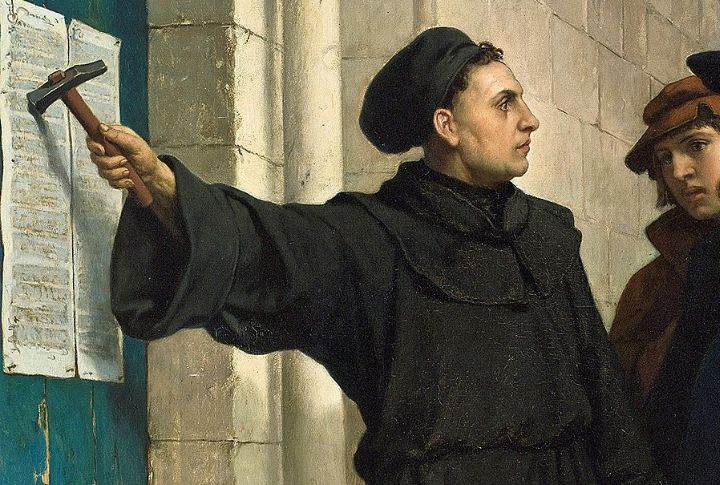
Martin Luther, on October 31, nailed his 95 Theses to a church door and challenged the Catholic Church’s sale of indulgences. This act ignited the Protestant Reformation, fracturing Western Christianity. Martin’s ideas rapidly spread across Europe thanks to the printing press. His translation of the Bible into German also democratized religious access.
May 14, 1607: Founding Of Jamestown
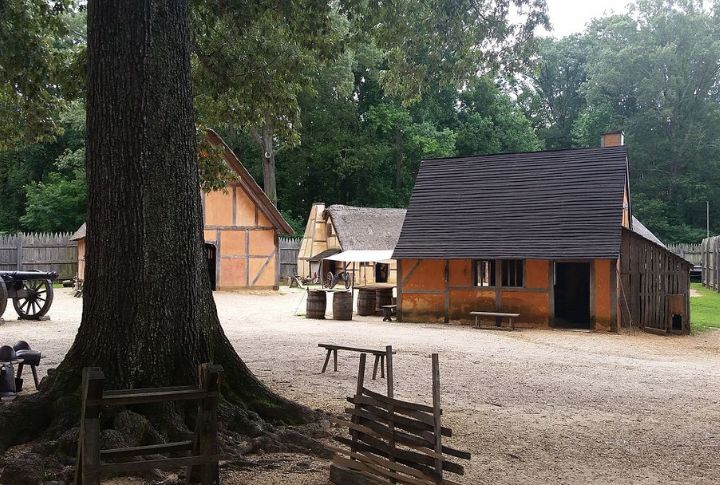
On May 14, England established its first permanent North American settlement at Jamestown, Virginia. Struggling with famine, disease, and conflict, the colony nearly collapsed before tobacco cultivation brought economic viability. Relations with the Powhatan Confederacy were tense and often violent. Jamestown laid the foundation for English expansion and eventually evolved into the United States.
July 5, 1687: Isaac Newton Publishes Principia Mathematica
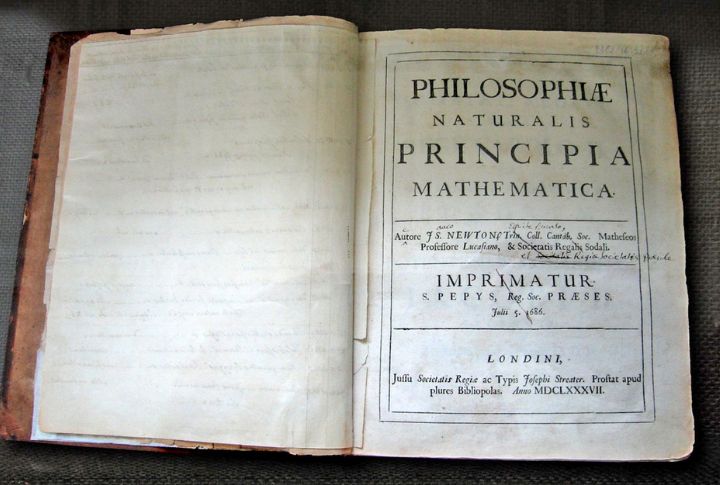
The first volume of “Philosophiae Naturalis Principia Mathematica” was published in 1687. Newton defined the laws of motion and universal gravitation, which revolutionized physics and provided the framework for classical mechanics. The book included calculus-like concepts and mathematically explained planetary orbits. Newton’s theories remained unchallenged until Einstein’s work over two centuries later.
July 4, 1776: American Declaration Of Independence
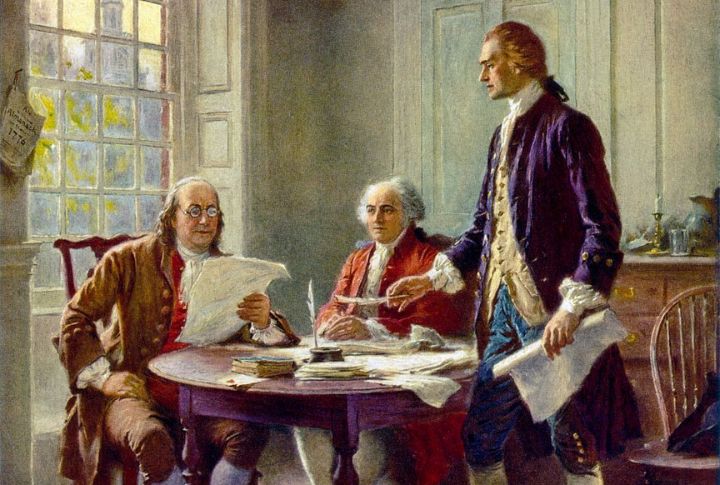
On July 4, the thirteen colonies formally severed ties with Britain, asserting their right to self-government in a document drafted by Thomas Jefferson. The Declaration outlined Enlightenment ideals of liberty and equality. It inspired future revolutions worldwide. John Hancock’s oversized signature became an enduring symbol of bold defiance.
July 14, 1789: The Day The French Revolution Began
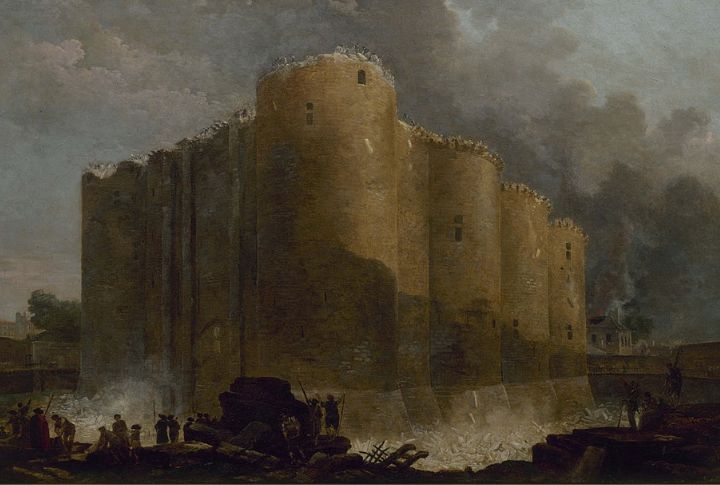
The storming of the Bastille on this date symbolized public revolt against absolute monarchy and deep economic inequality. Radical political shifts soon followed, including the abolition of feudal privileges and the execution of King Louis XVI. The Declaration of the Rights of Man was adopted weeks later, cementing revolutionary ideals.
January 1, 1863: Emancipation Proclamation Issued
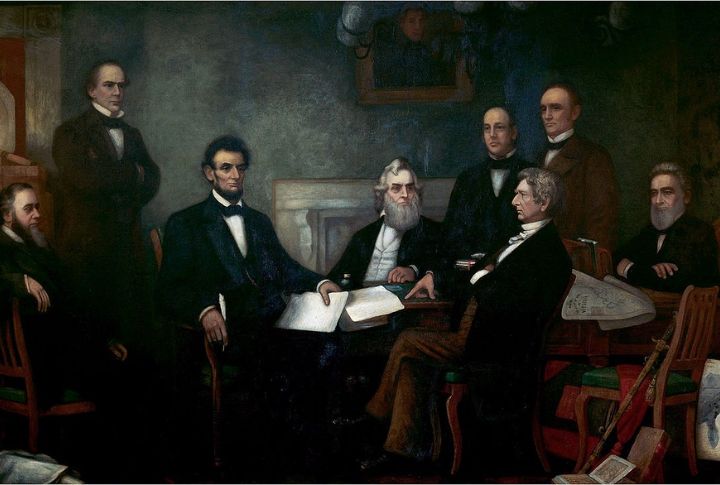
On January 1, President Abraham Lincoln declared all enslaved people in Confederate states to be free. Though limited in immediate effect, the proclamation reframed the Civil War as a fight against slavery. It also allowed Black men to join the Union Army. In the end, nearly 180,000 had served in the fight for freedom.
June 28, 1914: Outbreak Of World War I
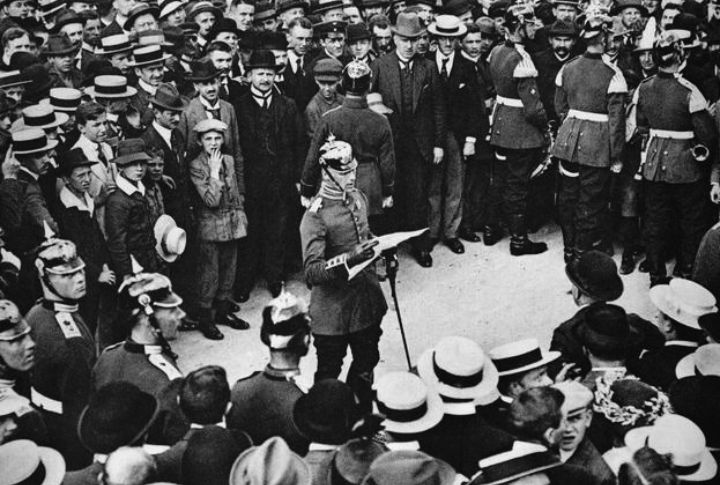
Archduke Franz Ferdinand’s murder in Sarajevo on June 28 triggered a global conflict fueled by alliances, nationalism, and militarism. By August, Europe was engulfed in fighting. Trench warfare defined the Western Front, where millions perished. The Battle of the Somme alone resulted in over a million casualties, marking one of the deadliest battles in history.
October 29, 1929: Stock Market Crash Begins Great Depression
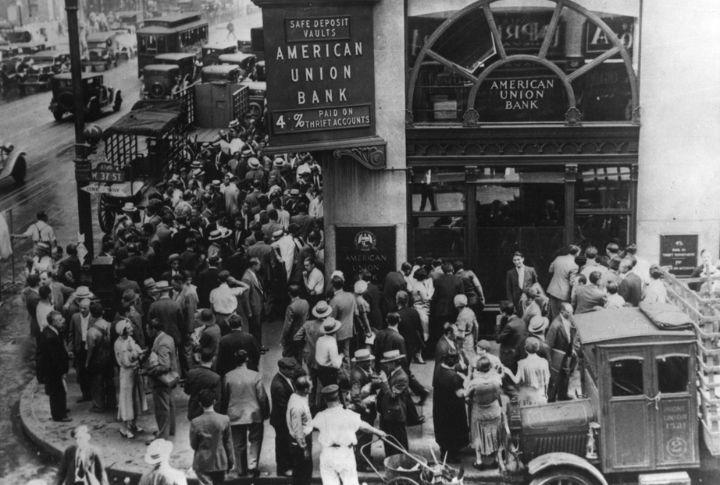
The 1929 stock market collapse, also called Black Tuesday, wiped out billions in value. Businesses closed and unemployment soared worldwide. Breadlines and dust storms became symbols of the era. The global economic crisis ushered in sweeping policy changes, including Franklin D. Roosevelt’s New Deal in the United States.
July 20, 1969: The Apollo 11 Mission
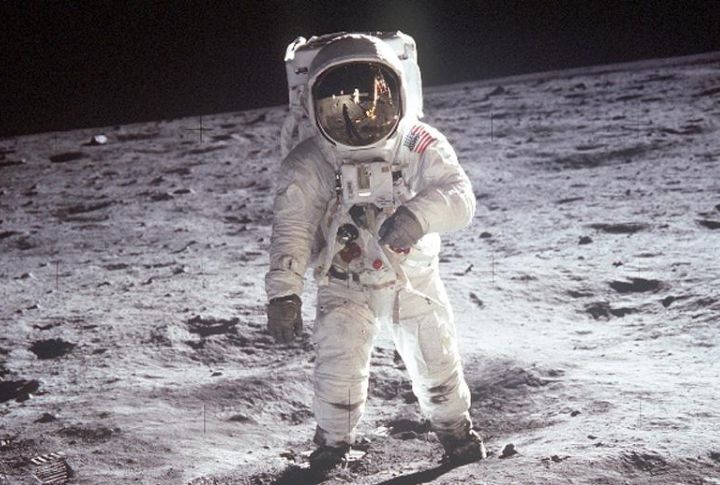
In a historic move, US astronaut Neil Armstrong set the record as the first person to walk on the Moon, declaring, “That’s one small step for man, one giant leap for mankind.” The mission fulfilled President Kennedy’s 1961 goal. It was broadcast to about 530 million viewers and marked a high point in the U.S.-Soviet space race.
September 11, 2001: Terrorist Attacks On America
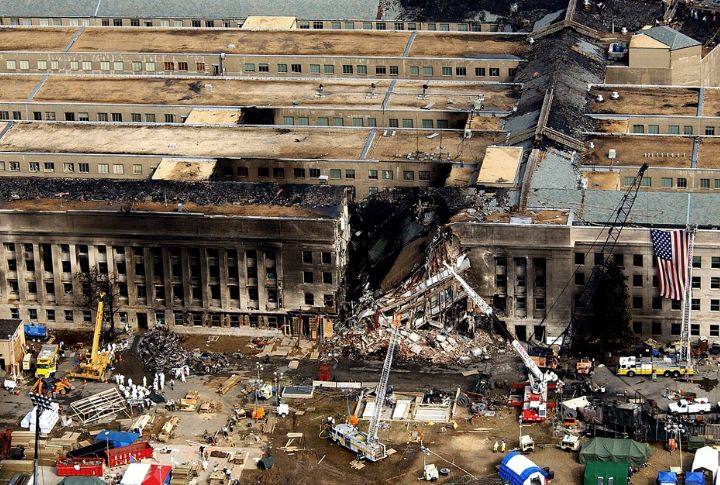
Coordinated attacks by al-Qaeda killed 2,977 people after terrorists slammed planes into the Twin Towers, the Pentagon, and a Pennsylvania field. The event reshaped global geopolitics and led to the U.S. invasion of Afghanistan and Iraq. The 9/11 Memorial now stands where the towers once rose in Manhattan.
December 26, 2004: Indian Ocean Tsunami

Triggered by a 9.1- to 9.3-magnitude earthquake off the coast of Sumatra, the tsunami devastated 14 countries and killed about 230,000 people. Entire coastal communities were wiped out within hours, prompting one of the largest international humanitarian responses in history. Indonesia, Sri Lanka, and Thailand were among the hardest-hit nations.
March 11, 2011: Fukushima Nuclear Disaster

At 2:46 PM local time on March 11, a 9.0-magnitude earthquake and subsequent tsunami struck Japan, triggering the Fukushima Daiichi nuclear plant disaster. Over 150,000 people were evacuated, and radioactive contamination spread across land and sea. Japan permanently shut down many reactors and reexamined its energy policies.
March 11, 2020: COVID-19 Declared A Global Pandemic

The WHO officially declared COVID-19 a pandemic after the virus spread rapidly worldwide. Lockdowns and overwhelmed hospitals followed, halting global travel and contracting economies. Daily life was transformed forever. Vaccines were developed at unprecedented speed, with over 13 billion doses administered globally by early 2025.

